Should You Stay With Your Cat WHILE She Gives Birth?
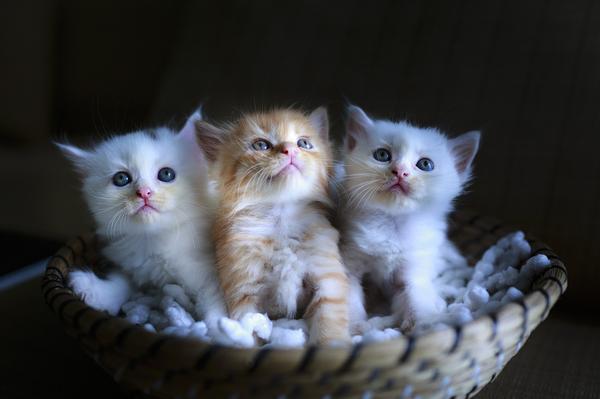
Curled up in a ball of anxiety, wondering if you should stick by your furry feline's side as she welcomes her bundles of joy into the world?
Don't worry, I've got your back.
Let's unravel this maternal mystery together, shall we? 😊
Should I Stay With My Cat During Labor?
Here are 8 things to consider when deciding whether or not to stick around while your cat gives birth:
- Cats generally want some alone time during labor.
- Being there might help if your cat seems distressed.
- The key thing to think about is her comfort.
- Don't overwhelm her with too many spectators.
- If she's cool with you being there, stay by her side.
- If you can't leave her alone, get a sitter or ask for help.
- It's believed the cat and kittens do better if she handles labor on her own.
In the end, it all comes down to what makes your cat comfortable.
Some cats like their privacy, while others appreciate having you there.
Watch how your cat behaves and respond accordingly.
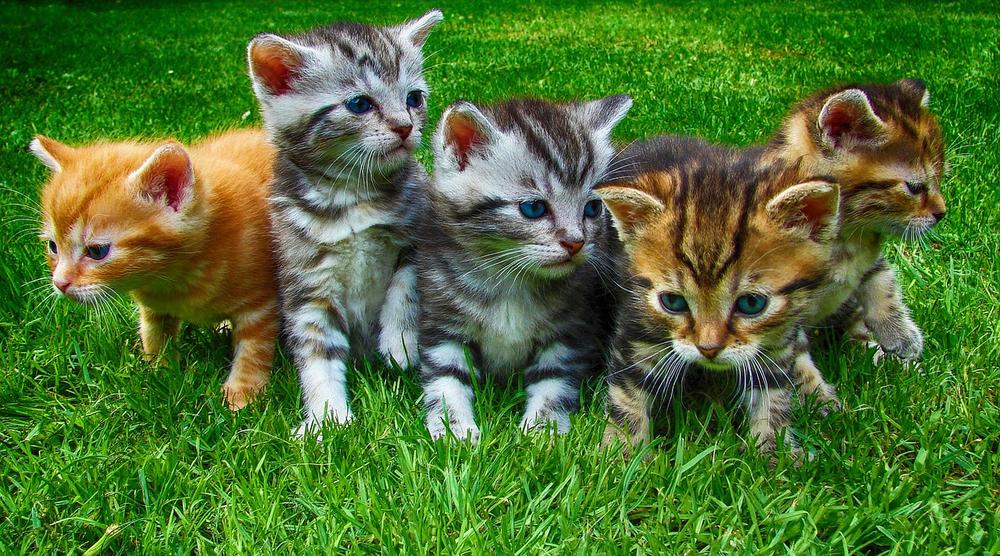
Make sure she stays stress-free and has an easy time giving birth.
Just trust your cat's instincts and give her the support she needs. 🐱
Main points I'll expand upon further down this article:
- Assist with the birthing process by transferring kittens if necessary.
- Keep the cat calm and comfortable to avoid alarming movements or noises.
- Seek veterinary assistance if signs of distress or stress arise.
- Prepare for birth by having the vet's after-hours phone number available.
- Create a comfortable nesting box for the mother cat and her kittens.
But what do you do once your cat goes into labor and starts giving birth?
How can you ensure a smooth and stress-free experience for both her and her kittens?
In this next section, I'll share with you essential tips and advice on how to assist your cat during the birthing process and provide the best care possible for her and her newborns...
Cat Birth: How to Help Before, During, and After
To have a smooth cat birth, follow these 13 essential steps:
- Make a quiet and cozy nest.
- Use blankets, towels, or a special birthing box.
- Move the kittens to that area if necessary.
- Keep a close eye for any problems during birth.
- Keep the cat calm and comfy the whole time.
- Avoid making sudden movements or loud noises.
- If you notice distress or stress, get help from a vet.
- Make sure you have the vet's phone number for emergencies.
- Gather all the supplies you'll need ahead of time.
- Get a comfy nesting box ready for the cat and her kittens.
- Use a microwavable beanie bag to keep newborns warm.
- Dry them off right away to prevent heat loss.
- Keep an attentive eye on the cat and kittens for any issues.
Also:
- Call a vet if you need to.
- If the mother is struggling to care for the kittens, take over.
- Look out for any difficulties in feeding, signs of lethargy, or abnormalities.
- While nursing, feed the mother high-calorie, protein-rich food meant for kittens.
- Handle and feed the babies gently, copying their mother's actions.
- Keep unnecessary contact to a minimum to avoid rejection.
- Start socializing the kittens gently in their second week.
- Feed the newborns every two to three hours.
- Make sure they rely on their mom for warmth and protection. 😺
And before I forget, I wanted to share my thoughts on whether it's necessary to change the bedding after a cat gives birth.
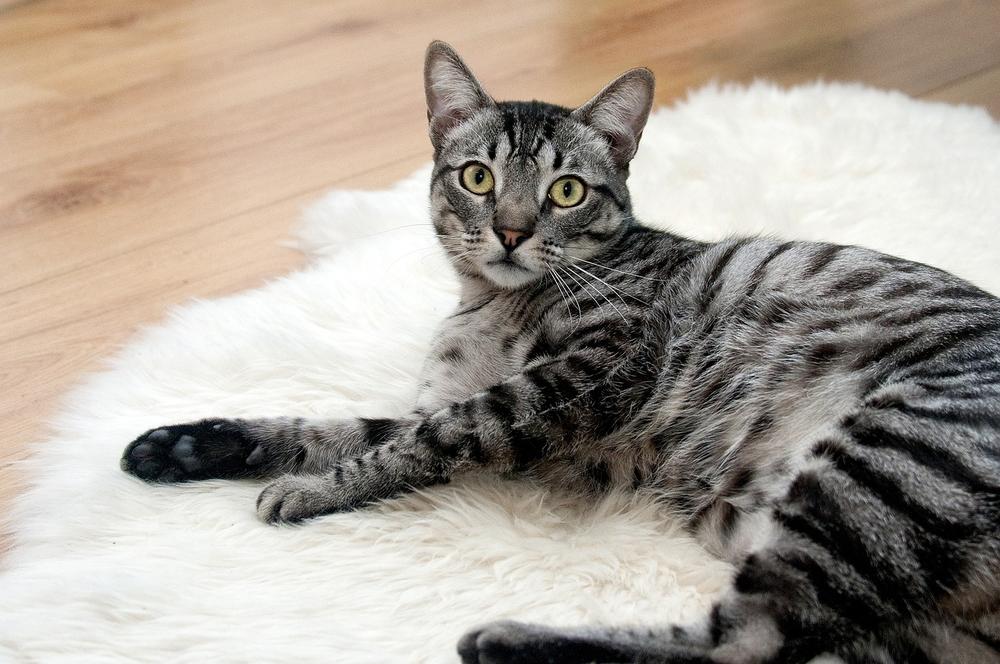
I have written an informative blog post titled Should I Change the Bedding After Cat Gives Birth that addresses this very question.
I highly recommend checking it out, especially if you want to ensure the utmost comfort and cleanliness for your feline friend during this important time.
Stages of Labor for Cats
During the initial stage of labor in a cat, you will notice some behavioral changes.
She will start pacing and become restless, often making more noise than usual.
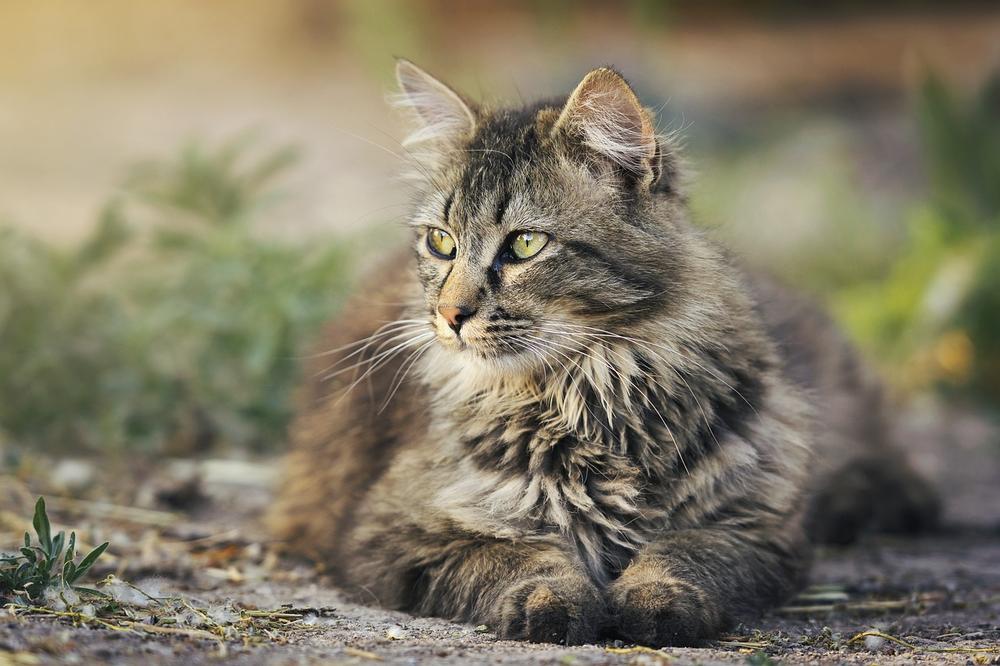
She may also seek out dark and isolated areas as she prepares to give birth.
These signs, like her pacing and yowling, are completely normal and indicate that labor is imminent.
While it's expected for there to be some loud noises during this time, remember that your cat's well-being should always be a priority.
If you have any concerns about her health, don't hesitate to seek veterinary assistance promptly.
Can I Move My Cat While She’s Giving Birth?
Is your cat getting ready to have kittens?
Worried about whether it's safe to move her?
Here's what you should know:
- Once your cat has found a spot to give birth, leave her alone unless there's an immediate danger or complications.
- Moving her during labor can stress her out and mess with the whole birthing process. So, try not to move her unnecessarily.
- You can handle newborn kittens without worrying that the mother will reject them. She won't abandon them just because you touched them.
- Cats have their instincts and know how to handle giving birth. They'll ask for help if they need it and take charge when they don't.
- Keep in mind that a cat in pain or injured might bite or scratch as self-defense. Be careful approaching her, and consider wearing gloves if needed.
- Take a step back and watch from afar, but be prepared to assist if you see any signs of trouble or distress.
- If safety concerns or complications arise, if you really have to move the cat, do it gently and with utmost care to avoid stressing her out.
Remember these tips, let nature do its thing, and be on the lookout for any potential problems.
And now let's talk about the important aspects of caring for a pregnant cat to ensure her well-being and the health of her kittens...
How to Care for a Pregnant Cat
When your cat is pregnant, here's what you need to keep in mind:
- Feed her the right food for her needs. Your vet can help you with that.
- Regular checkups with the vet are important for both mom and kittens' health. 👩
- Keep an eye on your cat as the due date gets closer. She might look for a quiet place to have her babies, so be ready.
- Tell everyone, especially kids, to handle the pregnant cat gently. Cats can be more sensitive when they're pregnant.
- Before leaving the house, make sure her food bowls are full. Pregnant cats eat more and need plenty of nourishment.
- Think about getting your cat neutered eight weeks after she gives birth. This prevents more litters that you might not want.
- Keep the mommy cat indoors until the kittens are at least eight weeks old. It stops her from getting pregnant again and keeps everyone safe.
You'll ensure proper care for your pregnant cat and have content and robust cats by adhering to these recommendations.
But what happens during the actual labor and birth?
Are you wondering what signs to look for or if you need to be present?
The next section will answer all those questions and more, ensuring you're fully prepared when it's time for your cat to bring her kittens into the world.
So let's dive in and discover what to expect during a cat's labor and birth process...
Stages of Pregnancy for Cats
When your cat gets pregnant, there are a few things you should know:
- Getting pregnant: This is when the egg and sperm team up inside your cat's body. It's a big deal.
- Cells doing their thing: After getting pregnant, cells start dividing and an embryo forms. It's pretty amazing how life starts from such itsy-bitsy cells.
- Getting ready for birth: When your cat's due date gets closer, keep an eye out for signs of labor. If she doesn't start within two days of her due date, take her to the vet to be sure everything's fine.
- Go see the vet: Taking your cat to the vet while she's pregnant makes sure both momma cat and kittens stay safe and healthy. A professional can handle any problems that come up during birth.
- Watch for trouble: Pay close attention when your cat gives birth. Look out for any signs that she's having a hard time or in distress. Remember, it's better to be safe than sorry.
Those stages help you know what's going on with your furry friend.
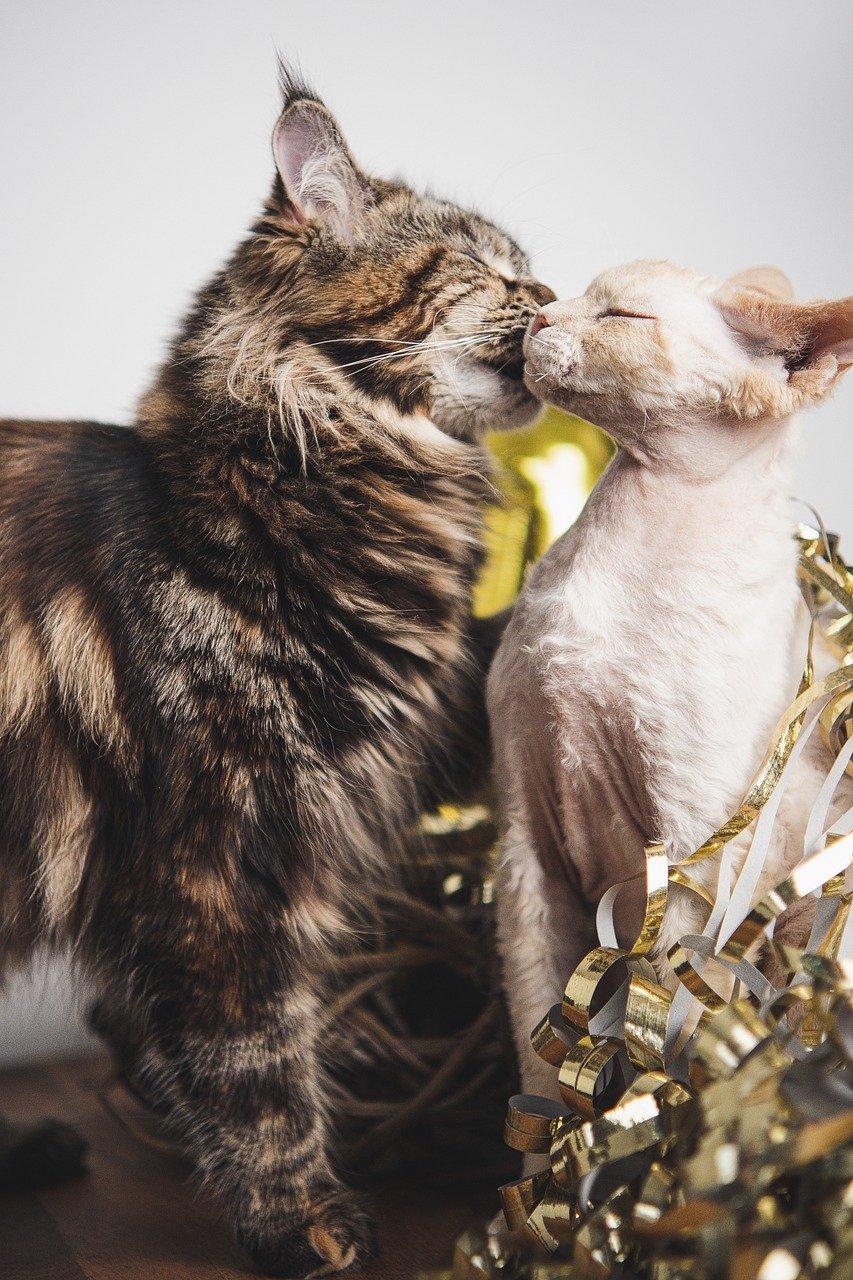
So keep an eye out and give your cat the love and care she deserves!
And that wraps up today's article.
If you wish to read more of my useful articles, I recommend you check out some of these: Why Is My Pregnant Cat Losing Hair, Why Is My Pregnant Cat Not Eating, Why Are My Cats Whiskers Curling, Did I Put My Cat to Sleep Too Soon, and Cat Without Whiskers
Talk soon,
-Sarah Davis